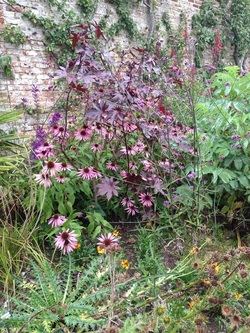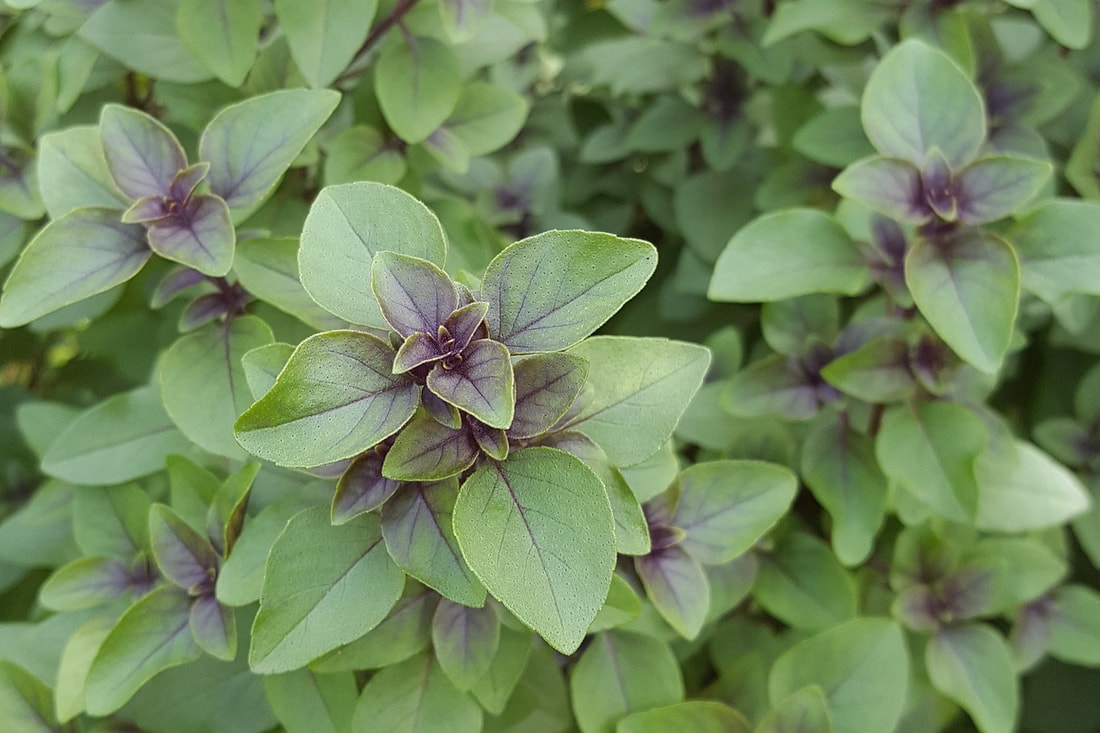|
Adaptogen herbs are quite an amazing type of healing plant which can help our stress response by modulating cortisol and normalising our physiological function. Possibly one of the best known is ginseng of which there are several types. My first experience with Siberian ginseng was about 23 years ago when going through a period of fatigue post virally and was fortunate enough to live beside Scotland’s first qualified Medical Herbalist Brian Lamb. Brian started me on Siberian ginseng among other things which had me firing on all four pretty quickly. Since then, I have been a firm advocate and have been fascinated by the quite remarkable benefits of these herbs which I wouldn’t be without in my own life.
1. Siberian Ginseng or Eleutherococcus senticosus. My personal favourite and one I’ve used many times with success over the years. Research has shown that eluthero can significantly improve energy, mood, stamina and cognitive function. It has also been shown to modulate blood pressure. One example is a study of those with chronic fatigue which showed benefit especially for those with mild to moderate symptoms. 2. Ashwagandha has been shown to improve memory and learning and is also the most researched adaptogen for those with underactive thyroid. In Ayurvedic medicine it is seen as an all round tonic and used to promote fertility. Some studies have shown cognitive benefit for those with bipolar disorder and also an improvement in cholesterol and blood glucose in diabetes. 3. Rhodiola has been researched in relation to its impact on stress and depression. In a study of people with stress related burn out, it improved many associated measures including stress and depression. One study has suggested that Rhodiola showed favourable results versus Zoloft (sertraline) with less associated risks for mild to moderate depression. Because of the lack of side effects, some have suggested it be used in place of antidepressants which do come with side effects and also deplete certain nutrients. 4. Shatavari is an interesting adaptogen and has many uses. The word literally means ‘woman who has a thousand husbands’ and is traditionally given for fertility and improved libido, vaginal dryness and is useful in the prevention of osteoporosis. It is also widely used as a woman’s herb and has been shown to be an excellent galactagogue for low milk supply. For menopausal women, it has also been shown to improve libido. 5. Holy basil is lesser known but becoming more mainstream perhaps due to the availability of Pukka Tulsi tea which is becoming popular. Also known to boost energy and cognition, there are studies showing improvement in generalised anxiety. Tulsi has been shown to have broad spectrum antimicrobial activity in studies. 6. Astragalus is a fascinating herb with many effects and research has suggested it may have anti-tumour activity, blood sugar lowering effects and supports the immune system. It has been shown to prevent colds and flus and is particularly beneficial for upper respiratory infections. Some studies have looked at the cancer protective effects. 7. Cordyceps is an adaptogen which is lesser known among the public but is gaining recognition across many pathologies. It is actually a type of fungi or medicinal mushroom which, similar to the above also has immune modulating effects and supports the stress response. You may come across it in supplements to support stress or adrenal function. It also has anti-tumour effects and is indicated for respiratory infections and chronic fatigue. More and more research is coming out on the effects of mushrooms in cancer prevention and indeed mushrooms are widely used in mainstream medicine in Russia, China and Japan. In clinical practice we use adaptogens for many different benefits as explained above and we sometimes use more than one where needed. I myself take an adaptogen year round and change it according to my needs. The question is not so much whether to take an adaptogen, it is more which one would help me most! Drop us an email for advice on which might be most helpful for you at [email protected]
0 Comments
 Orginally from North America, this particular echinacea plant was photographed in the beautiful walled garden in Castle Fraser, Aberdeenshire, Scotland. Echinacea has a pink delicate daisy like flower and interestingly all parts of the plant have been used to make herbal medicine. Prior to the advent of antibiotics, echinacea was seen as an effective antiviral and immune stimulant and it has an interesting history being used for everything from coughs and sore throats to eye infections, snakebites and venereal disease. Today, echinacea is still popular and for many it is seen as a 'must have' for their winter medicine cabinet. As far as the scientific community is concerned, echinacae is one of the most well studied herbs out there and even some family doctors recommend it for its prophylactic benefits! ITV's 'This Morning Dr Chris Steele has said .. There is research showing that Echinacea does reduce the duration and severity of the symptoms of the common cold and influenza - as do other herbal remedies, such as Pelargonium. The difference between the two is that Pelargonium is suitable for adults and children (aged 6+) with asthma and other vulnerable groups, whereas Echinacea is not recommended if you have asthma. Dr. Chris Steele A 2014 Cochrane review of 24 trials found a 'consistently positive' benefit from taking echinacea as a preventative measure. Another meta-analysis published in the Journal of Advances in Therapy 2015, demonstrated a significant benefit from taking echinacea as a prevention for repeated respiratory infections in 'at risk' groups among children, adults and older adults and concluded that... Evidence indicates that echinacea potently lowers the risk of recurrent respiratory infections and complications thereof. Immune modulatory, antiviral, and anti-inflammatory effects might contribute to the observed clinical benefits, which appear strongest in susceptible individuals. Schapowal, A et al. As a family we first started taking echinacea 26 years ago and we have recommended it so many times over the years. It's definitely something we wouldn't be without! If you are finding that your immune system is a bit compromised generally and you are prone to infections, there may be other factors to consider e.g. making sure you have adequate amounts of Vitamin C, Zinc and also considering stress levels as stress can leave us compromised more than we realise. For this reason adaptogen herbs can be invaluable as they not only modulate cortisol but also immune function. Vitamin D is another important nutrient for immune health and it's typically at the end of the winter that our levels are lowest making us a bit more vulnerable. If you would like to check your vitamin D levels and optimise your dose, we offer a simple pin prick test which goes off to an NHS lab so do get in touch if you'd like to take advantage of that and get your levels optimised. Because our immune systems are located primarily in the gut, we also need to be thinking about probiotics and topping up on our good bacteria to ensure a more robust immune system. To read more on the power of probiotics check out our article here Of course, taking supplements is not the only thing to consider if you have a history of immune problems. The best way to do this would be to book an appointment with a Nutritional Therapist who will take a lengthy case history and may recommend further testing to get to the bottom of your particular health problems. It could be that both diet and lifestyle choices could unwittingly be contributing towards repeated health challenges. It is hugely rewarding both as practitioner and client to uncover a few of those obstacles that may be hiding in the shadows if we did but know! Natural forces within us are the true healers of disease. Hippocrates |
Amazon Associates DisclosureNourishing Insights is a participant in the Amazon EU Associates Programme, an affiliate advertising programme designed to provide a means for sites to earn advertising fees by advertising and linking to Amazon.co.uk. Archives
December 2023
|
WHAT OUR CLIENTS ARE SAYING“I did Nutritional Therapy with Beverley and it was life changing. I highly recommend it!” Allison Blakely (Glasgow)
|
Contact Us |



